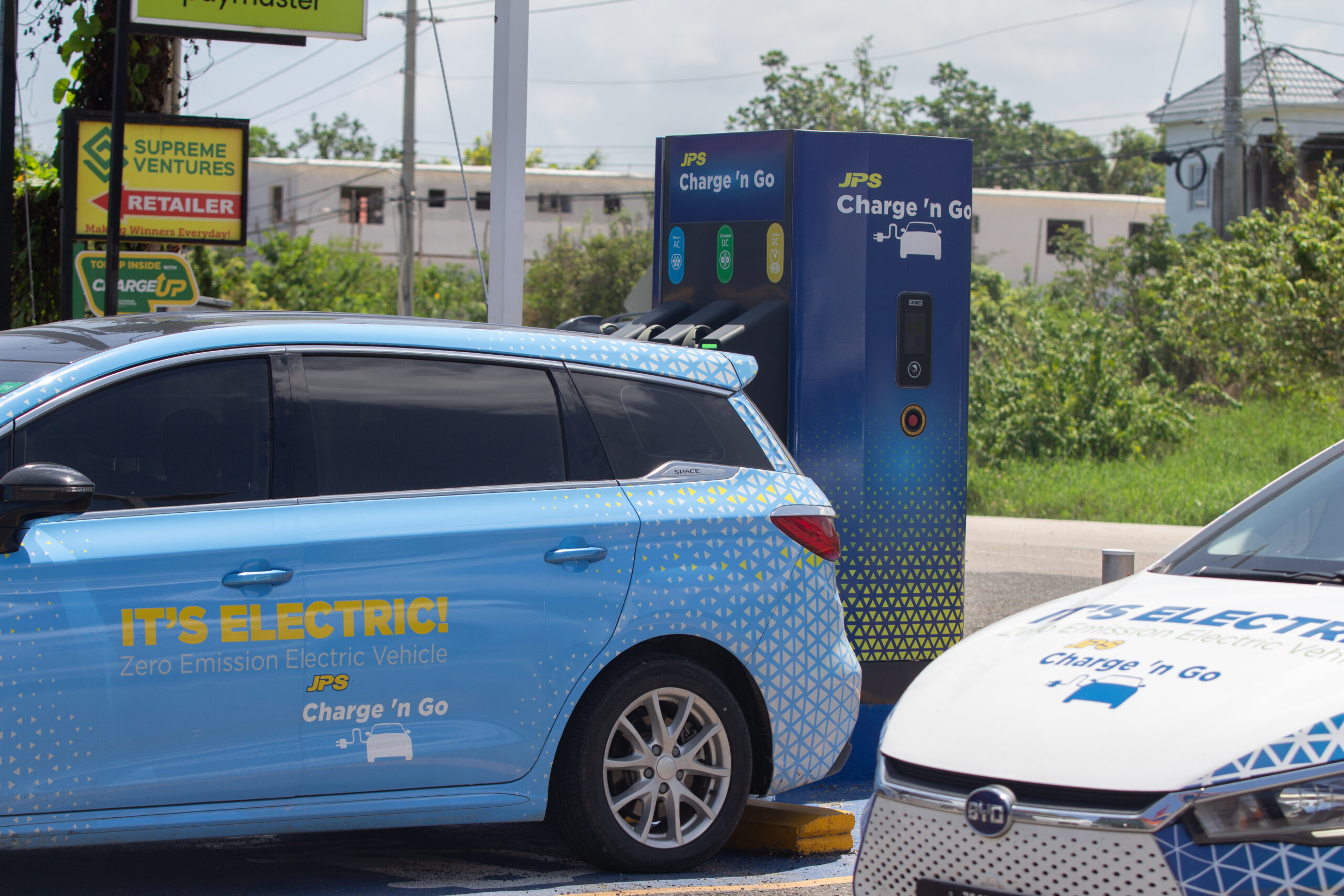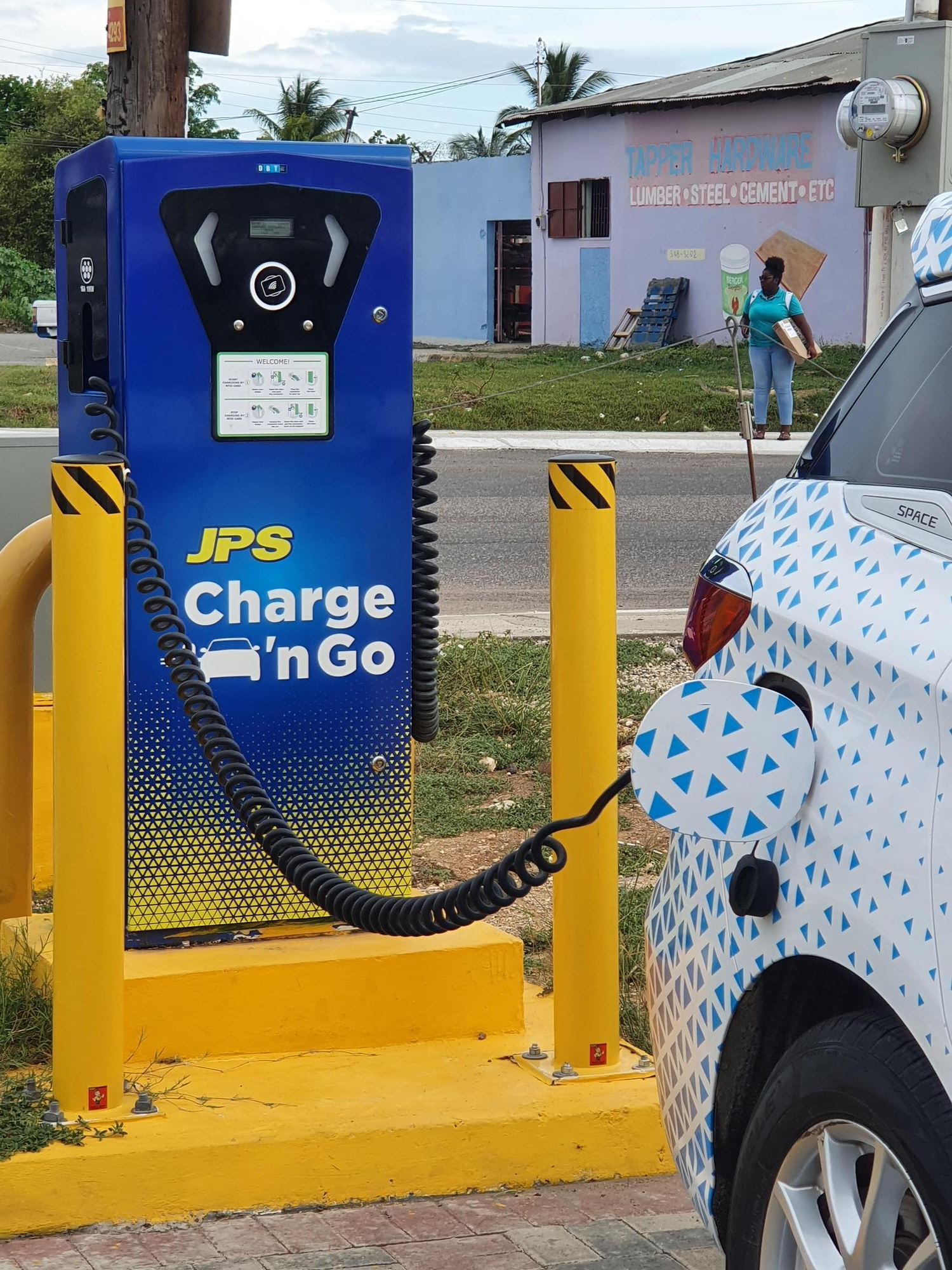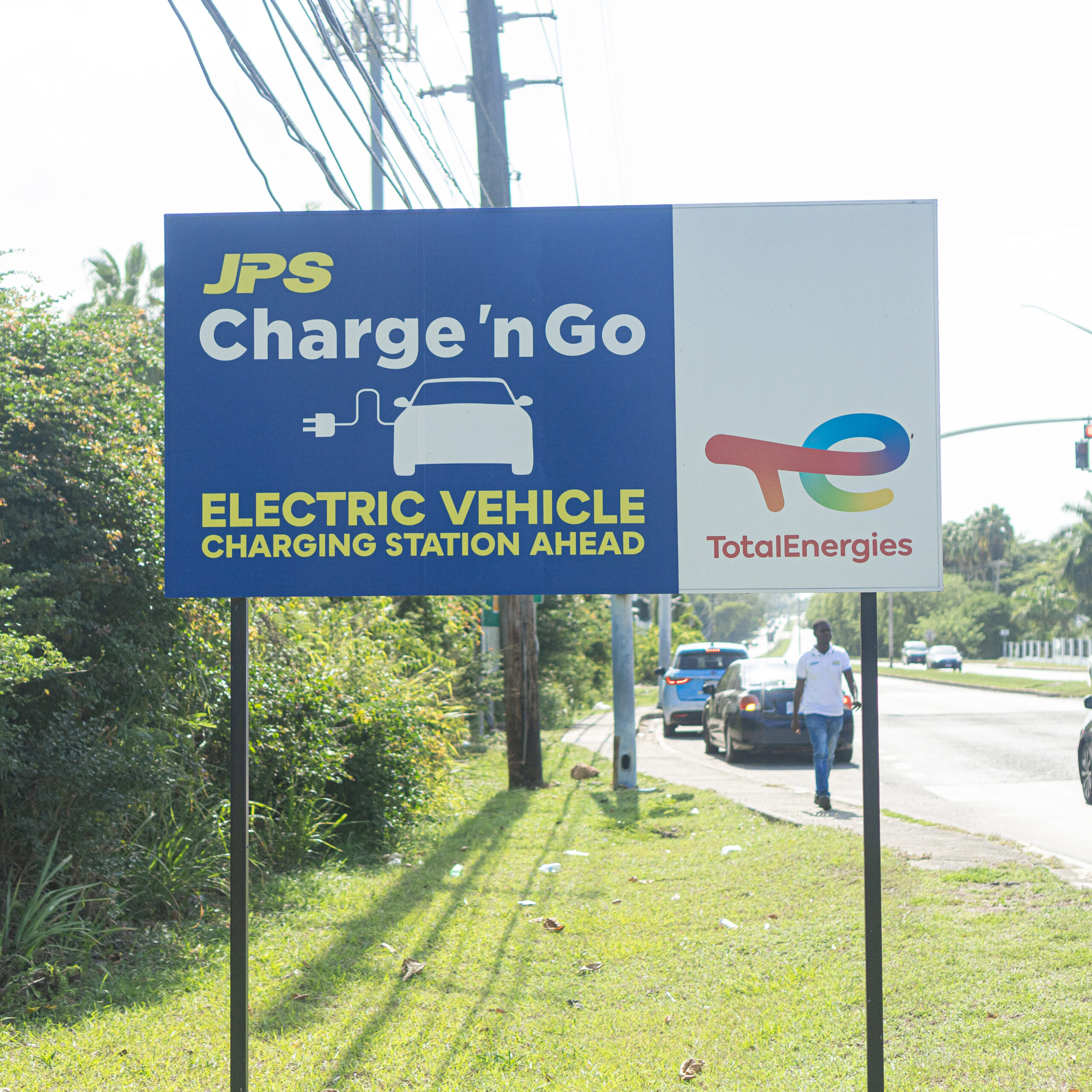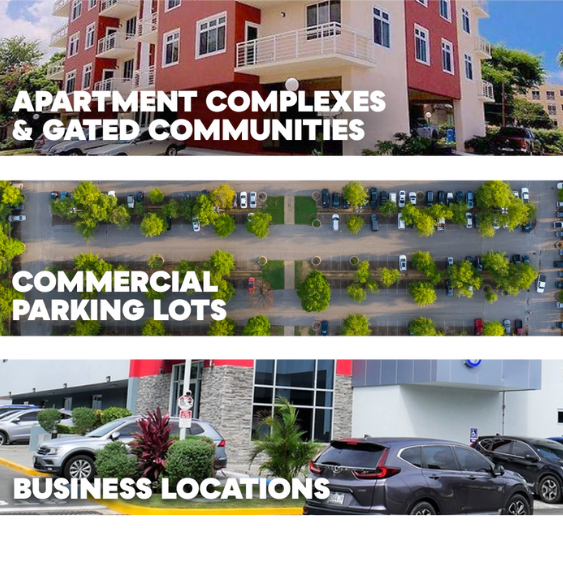There’s a global move towards electric vehicles
as part of an international strategy to address climate change and air quality concerns. Governments worldwide are including the replacement of Internal Combustion Engine (ICE) vehicles with Electric Vehicles (EVs) in their plans to reduce greenhouse gases.
Jamaica's National Agenda for Electric Mobility
Here in Jamaica, the Government has placed the electrification of transportation on the national agenda, as the country seeks to reduce dependence on imported fuel and protect our natural environment. Business operators are including more EVs in their fleets, to improve operating efficiency. More and more, consumers are choosing electric vehicles in order to save money and help protect the environment.
Consumer Trends and Future Outlook
Jamaica is definitely driving towards an electric mobility future, and motorists are getting ready to be a part of the journey! In a 2023 survey, more than 40% of respondents said they plan to buy an electric vehicle at some point in the future.
JPS Leading The EV Revolution
JPS is playing our part in powering the electric mobility revolution.
We believe that, combined with the addition of more renewables to the grid, the electrification of transportation presents an opportunity for climate change mitigation and the preservation of the environment for our children and their children.
We are supporting the national Electric Vehicle strategy by adding renewables, strengthening the power grid, and investing in infrastructure to facilitate the growth of electric vehicle ownership across the island.
We are also building partnerships with both private and public sector entities, to ensure that a sustainable ecosystem is in place to support the emerging electric vehicle sector.
All You Need To Know About Electric Vehicles
Electric Vehicles are more fuel efficient
Comparative studies have shown that it is less expensive to operate on electricity than on gas.
EVs are cheaper to maintain
With fewer moving parts, EVs require less maintenance than internal combustion engine (ICE) vehicles
Electric Vehicles are better for the environment
They do not produce harmful exhaust emissions like vehicles operating on gas.
Electric Vehicles offer a better driving experience.
They are quieter than traditional gas-powered vehicles, and their low centre of gravity improves handling, comfort and safety.
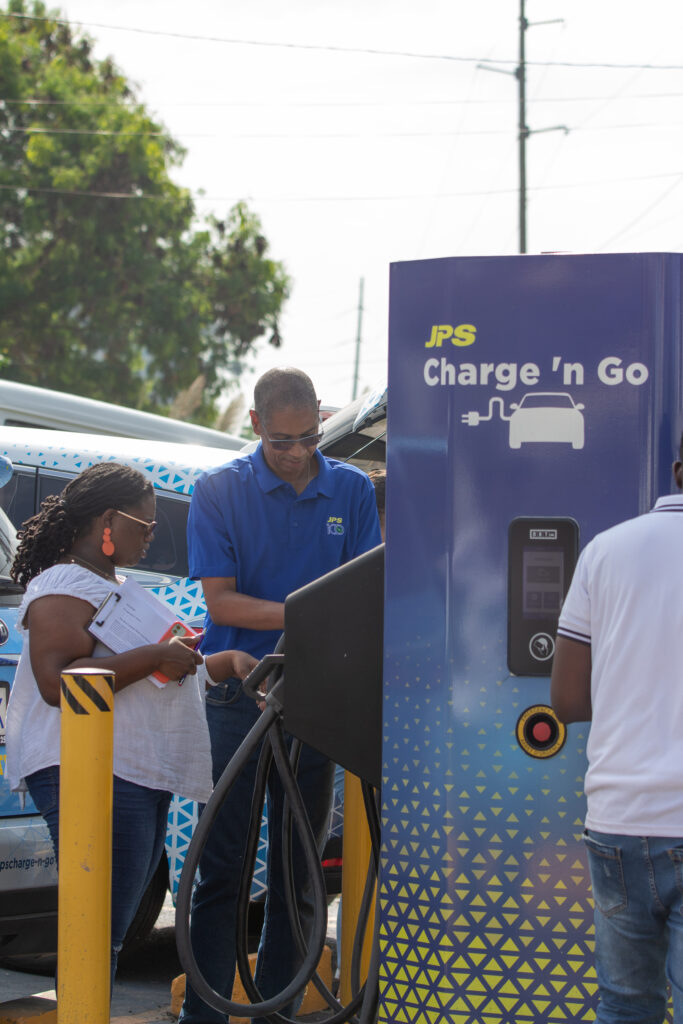
Are Electric Vehicles Safe?
There are still questions about the safety of electric vehicle technology, because it is relatively new. The good news is that the research has shown that electric vehicles are even safer than traditional vehicles, as long as they are operated according to the manufacturers’ guidelines.
Here are some reasons EVs are considered safer than traditional gasoline vehicles
Electric Vehicle Safety Tips
Proper maintenance and charging of your vehicle is essential for your safety, and for the health of your vehicle. Always follow the manufacturer’s guidelines for operating and charging your EV.
